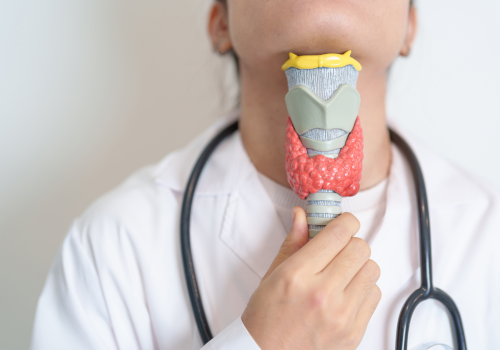Chronic Kidney Disease: What You Need to Know and What You Can Do

Imagine a silent thief, slowly stealing away your body's ability to filter waste and regulate essential fluids. That's what chronic kidney disease (CKD) is – a stealthy condition that can go unnoticed for years, only revealing itself when its damage is significant. But don't despair! While CKD can be serious , it's often preventable and treatable, especially if caught early. Understanding the disease, its causes, symptoms, and management strategies is crucial to safeguarding your kidney health. What is Chronic Kidney Disease? Your kidneys are hardworking organs , filtering waste from your blood, regulating blood pressure, and producing vital hormones. In CKD, these functions become impaired, leading to a gradual decline in kidney function over time . Causes of Chronic Kidney Disease: While many factors can contribute to CKD, some of the most common include: Diabetes: High blood sugar levels can damage blood vessels in your kidneys, making them less efficien


